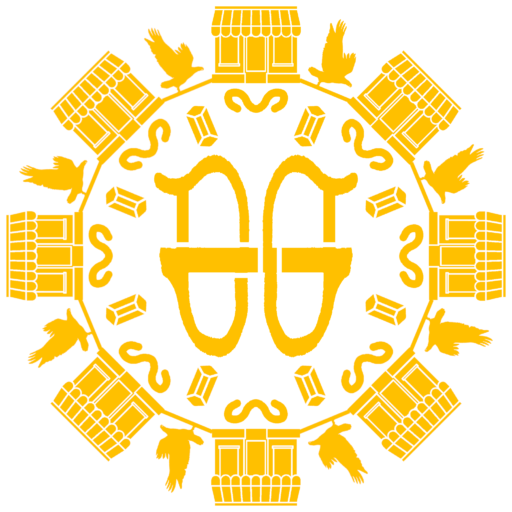There is not a lot of discussion, either from David J. Peterson or Marc Rosenfelder, about the use of naming in conlangs. Indeed, it is through the names, terminology, and titles of the Dothraki that enabled Peterson to materialize the Dothraki language. More specifically, the etymologies of the names are the most important focus of the conlang, since they evidence the significance of particular objects, animals, and–in this case–religions in the conlang\’s culture.
There is always the possibility of a character having a theophoric name, which is Greek for \”god-bearing.\” Indeed, names can bear devotion to a god.
A way to find that out through a fictional language-speaking culture is through looking at modern language-speaking cultures, especially with the names that are right in front of us. In the Anglophonic words, there are plenty of names that reference God or Christ that are derived from Hebrew, Greek, or French.
- Christian/Christina: Christian (Greek)
- Christopher: Christ-bearer (Greek)
- Daniel: God is judge (Hebrew)
- Godfrey: God is good (Old French)
- John: Yahweh has given (Hebrew)
- Theodore: God adores (Greek)
Within the context of these names being prevalent, these names were given during the time Christianity was being introduced to Europe via the Romans, who adopted their new state-sponsored faith from the Christians after centuries of persecution. These names were to show allegiance to this new religion, specifically by attributing Yahweh and Jesus Christ with a form of utility, such as \”Christ-bearer\” or \”God is judge,\” or through positive reinforcement of the faith, with \”God is good,\” and \”God adores.\”
In conlanging it is important to formulate names based on the language-speaking community\’s own religion. If it is attributed to no specific god, then it could simply have a meaning including \”a god.\”
- Albadnele: a god begins (Sifis)
- Aluthur: a god is (my) city (Raijer)
- Amateinquarls: face of a god (Pimzarblan)
- Garalb: spear of a god (Sifis)
- Jiateinquarlsa: (She)-Reveres-A-God (Pimzarblan)
- Nalanaluv: eagle of a god (Raijer)
- Teinquarlsalox: a god speaks (Pimzarblan)
- Tonalb: stone of a god (Sifis)
Of course, the previously mentioned theophoric names refer to Yahweh, while the name of the God of Christianity uses the generic term god. There have always been names that refer to gods that were worshipped prior to the introduction of Christianity. Examples are plenty, and some are still used to this very day.
- Apollodorus: Apollo adores (Greek)
- Ganesh: Hindu god of luck (Hindi)
- Ingrid: Frey is fair (Norse)
- Krishna: Hindu avatar (Hindi)
- Thorstein: Thor\’s stone (Norse)
As such, this can be applied in conlanging, specifically when referring to the gods worshiped in the language-speaking community, if they worship more than one god.
- Ijenbune: Ijen is a road (Mzashabart)
- Kalijen: house of Ijen (Mzashabart)
- Koldinziul: Koldein\’s wolf (Sifis)
- Ksarilzomzuzu: Knows-Zomnezundsu (Pimzarblan)
- Romogorngva: house of Gorngva (Pimzarblan)
- Sankoldin: seed of Koldein (Sifis)
- Uratanjordand: spear of Njordand (Pimzarblan)
Though, the names need not remain completely based on any single language, especially when you take into account the fact that religion has been used as an imperialistic imprint upon the beliefs of any colonized peoples, or if the languages are themselves used by different marginalized groups. Which is why you see Europeans with Christian names of Greek origin based on the religion started by Jewish people. So, it would make sense for the original theophoric name to be transliterated into the language of the other group.
- Urtanyordand son of Sankoldin
Basically, the theophoric names are evidence of the history and religion of the fictional group. They also make the names more materialized and consistent.
Sources
- Behind the Name
- Lexicon of Greek Personal Names
- Peterson, David J. “The Art Of Language Invention: From Horse-Lords To Dark Elves, The Words Behind Wordbuilding.” Penguin Books. 2015.
- Rosenfelder, Mark. “The Language Reconstruction Kit.” Yonagu Books. 2010.
- \”Theophoric\”. Merriam-Webster online dictionary.
